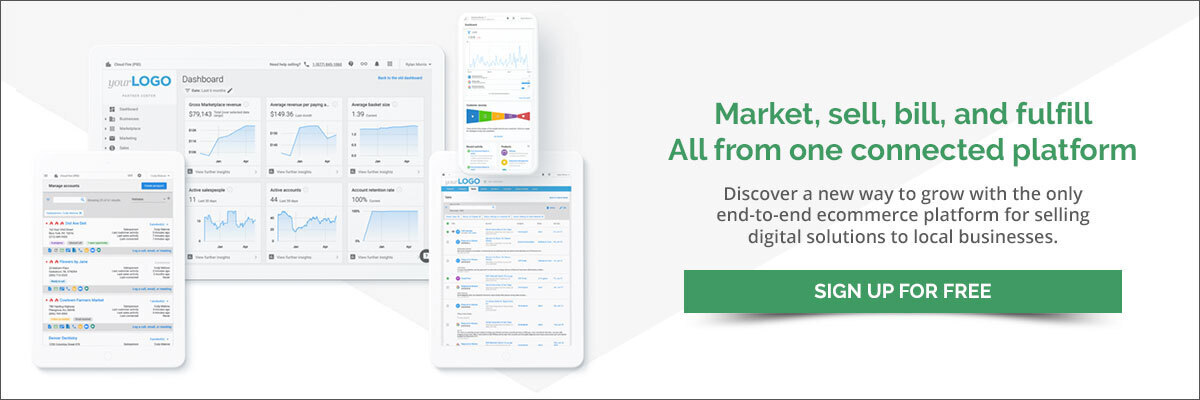Think about something that is second nature to you today. Now think about a time when you would have had difficulty with that concept. We all learn differently, some of us are more visual, while others learn best by doing. The interesting thing about it though, is that the journey to the destination is the same for everyone. Maslow’s four stages of competence map out the learning process from ignorance to instinct. Podcast host and accomplished sales thought leader, Vendasta’s George Leith explains that it’s great when you can do something yourself, but it’s scalable when you can teach other people how to do it.
Four Stages of Competence
Stage 1: Unconscious Incompetence
To be unconsciously incompetent is to be unaware of a personal deficit. To move on to the second stage the learner has to do two things; recognize their own incompetence, and see value in the new skill. A coach will be able to see the learners' deficit and guide them through the learning process, it’s the learner’s job to try.
Stage 2: Conscious Incompetence
The learner is now aware that they don’t know something, which can feel bad. Humans try to avoid feeling incompetent, but we have to pass Stage 2, to learn something new. It’s the coaches’ job to find the right motivators for their team, just as it’s the learners’ job to pursue a goal of absorbing and understanding the concept.
Listen to the Master Sales Training Series on the Conquer Local Podcast with George Leith Today!
Stage 3: Conscious Competence
Once the learner has reached this stage, they know what to do and how to do it. Time and effort have gone into the process and they can see the improvements made. As a coach, your job is to help the learner polish their skills. The learners’ job is to focus on continuous improvement.
Stage 4: Unconscious Competence
The task is now second nature to the learner. At this point, the coach must recognize that teaching requires different competencies than the task they are teaching.
By recognizing these four competencies, you will become a better leader in your organization.
Recognizing What We Take for Granted
We love to talk about the things we do well, like the fabulous meal you created last night or the marketing presentation that you just nailed in the boardroom. However, when teaching someone to make that same meal, we easily take the prep work for granted. Maybe the person you’re coaching doesn’t know the difference between slicing, dicing, and grating, and when you tell them to dice the onion, they might not even know where to start. As a coach, know the importance of being able to break down what you're explaining. It’s a difficult thing to do when what you’re explaining is second nature to you.
In the Conquer Local podcast episode 349: Four Stages of Competence George describes his frustration in giving driving lessons to his daughters. Although he considers himself to be a great driver, he realized that he takes much of the techniques for granted, and he asked his father for help. Bringing in an expert to improve the situation allowed George to learn something about himself and listen to his own advice, effectively achieving a goal. Stage 1 and Stage 3 of competence require intensive mentorship.
Motivation in Learning
As a sales coach, it is your job to provide instruction and extrinsic motivators to your team. Teaching a new role or task should be broken down into answering three questions: what, how, and why. What we’re going to do, how we’re going to do it, and most importantly why we’re going to do it. Why does your team need to go through the long, sometimes painful learning process we just outlined? When you can answer the importance of why, your team will be more intrinsically motivated to learn.
Beyond knowing the topic, to be a great sales coach you need to know yourself and the person you are training. Do the research, self evaluate, put in the work, and drive your team's success through the four stages of competence.


 By
By 